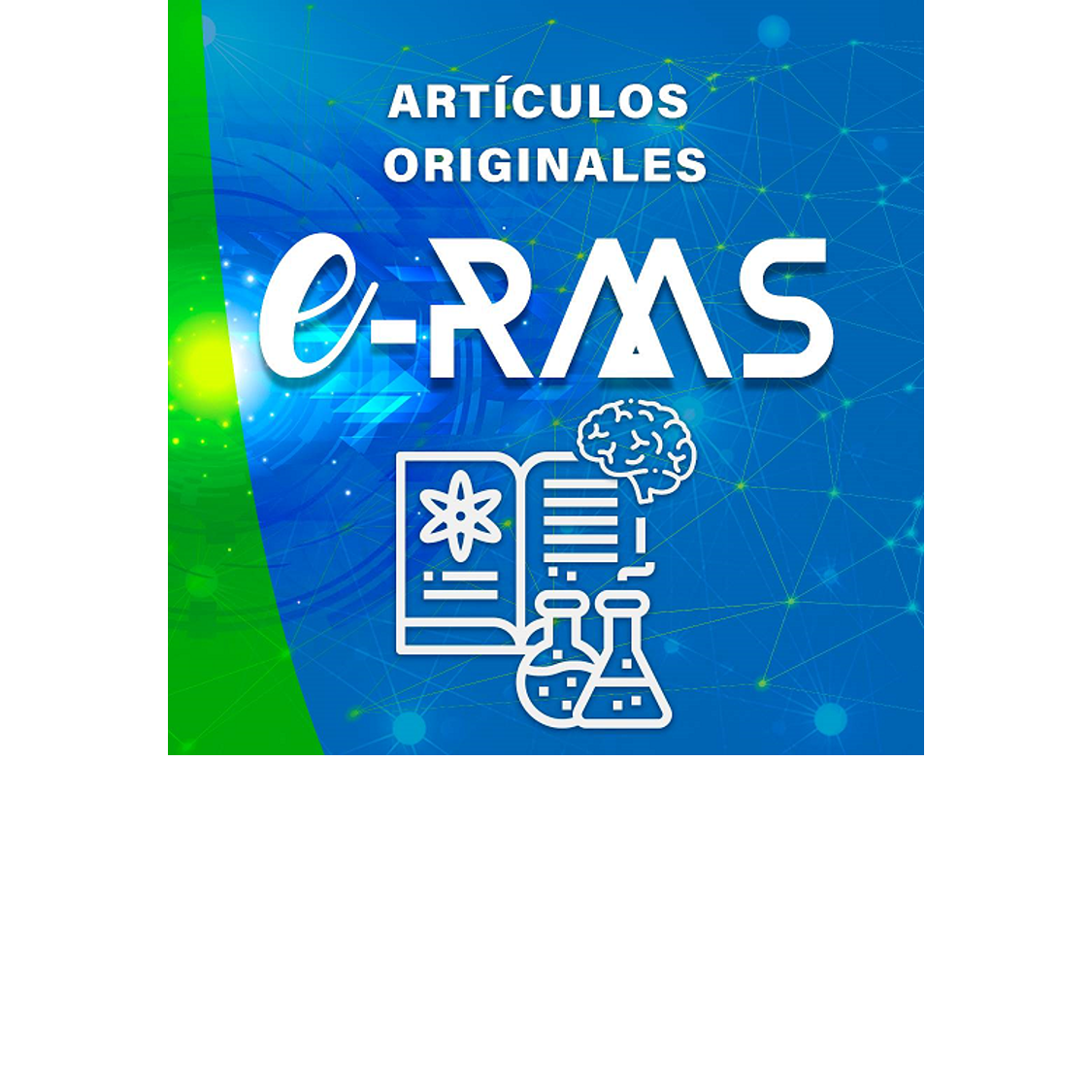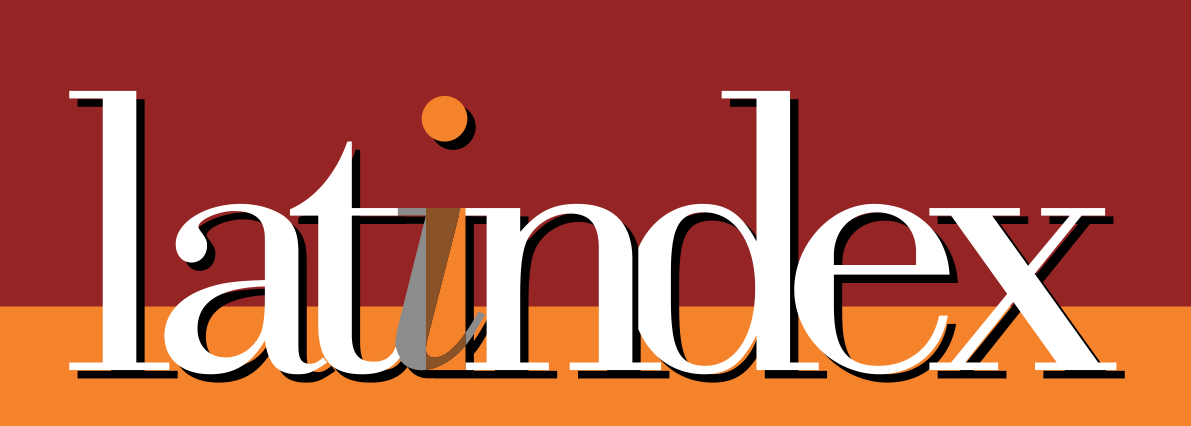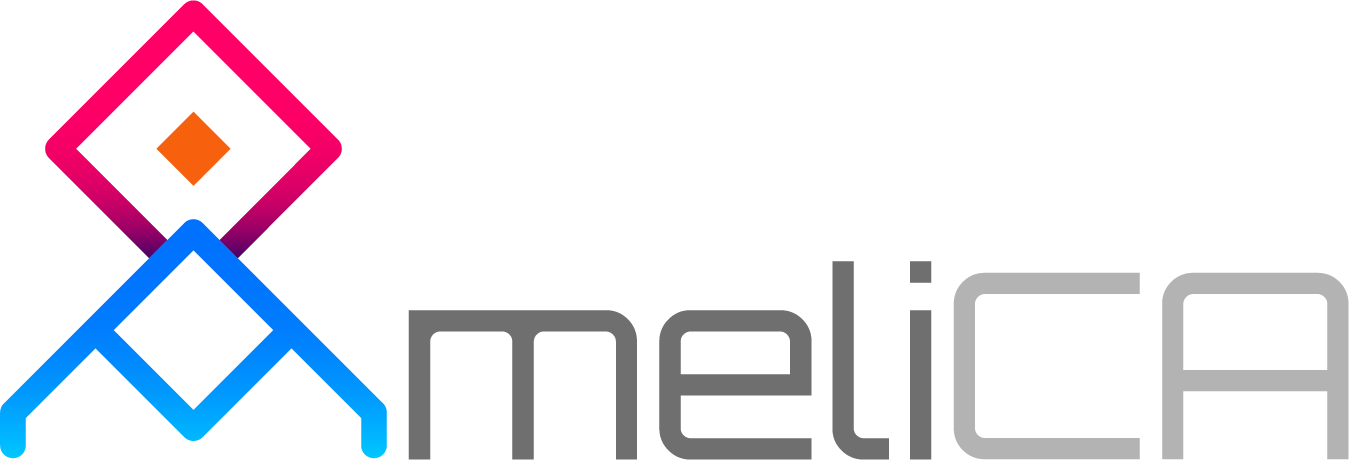Efecto del Google Classroom en la motivación de estudiantes del VII ciclo en La I.E. Corpus Christi de Iquitos, 2024
DOI:
https://doi.org/10.61286/e-rms.v3i.208Palavras-chave:
Google Classroom, plataforma digital, motivaçãoResumo
O estudo teve como objetivo avaliar o efeito da plataforma digital Google Classroom na motivação dos alunos, para isso foi utilizado um delineamento quase experimental onde a variável independente Google Classroom foi utilizada para mensurar o efeito que ela teve na variável dependente motivação dos alunos, o estudo teve uma população composta por alunos do sétimo ciclo do ensino médio da instituição de ensino Corpus Christi English School, que totalizaram 76 alunos, para a amostra trabalhamos com toda a população dividindo-a em dois grupos de 38 cada para formar o grupo experimental e controle, a técnica aplicada foi a observação direta e o instrumento foi o questionário e a ficha de observação, os resultados descritivos mostraram que no pré-teste ambos os grupos obtiveram em sua maioria baixa motivação e no pós-teste o grupo experimental obteve alta motivação, portanto afirma-se que não há diferença significativa nos dados coletados no pré-teste do grupo controle e experimental e no pós-teste. Foi confirmado que os resultados entre os grupos controle e experimental apresentam diferença significativa, dado que foi verificado pela aplicação do teste estatístico U de Mann-Whitney obtendo-se valor de significância menor que 0,05 no pós-teste, concluindo-se que a plataforma digital Google Classroom tem efeito positivo na motivação dos alunos da instituição de ensino Corpus Christi English School.
Downloads
Referências
Albashtawi, A. H., & Al Bataineh, K. B. (2020). The effectiveness of Google Classroom among EFL students in Jordan: An innovative online teaching and learning platform. International Journal of Emerging Technologies in Learning (iJET), 15(11), 163–175. https://doi.org/10.3991/ijet.v15i11.12865
Alotumi, M. (2022). Factors influencing graduate students' behavioral intention to use Google Classroom: Case study-mixed methods research. Education and Information Technologies, 27(7), 10035–10063. https://doi.org/10.1007/s10639-022-11051-2
Bahri, H., Mlili, N. E., Akande, O. N., Kerkeb, A. I., & Madrane, M. (2021). Dataset of Moroccan nursing students' intention to use and accept information and communication technologies and social media platforms for learning. Data in brief, 37, 107230. https://doi.org/10.1016/j.dib.2021.107230
Beaumont, K. (2018). Google Classroom: An online learning environment to support blended learning. Compass: Journal of Learning and Teaching, 11(2), 1–11. https://doi.org/10.21100/compass.v11i2.837
Bereczki, E. O., & Kárpáti, A. (2021). Technology-enhanced creativity: A multiple case study of digital technology-integration expert teachers’ beliefs and practices. Thinking Skills and Creativity, 39, 100791. https://doi.org/10.1016/j.tsc.2021.100791
Brandford Bervell, B., Kumar, J. A., Arkorful, V., Agyapong, E. M., & Osman, S. (2021). Remodelling the role of facilitating conditions for Google Classroom acceptance: A revision of UTAUT2. Australasian Journal of Educational Technology, 38(1), 115–135. https://doi.org/10.14742/ajet.7178
Chen, M., Wang, X., Wang, J., Zuo, C., Tian, J., & Cui, Y. (2021). Factors affecting college students' continuous intention to use online course platform. SN Computer Science, 2(2), 114. https://doi.org/10.1007/s42979-021-00498-8
Coaguila Mayanaza, D. V., Infanción Morales, M. M., Chalco Cano, A. G., & Calderón, J. T. (2025). Los entornos virtuales para potenciar el aprendizaje colaborativo en estudiantes universitarios. Revista InveCom, 5(4), e504094. https://doi.org/10.5281/zenodo.14976725
Delos Reyes, E. G., Galura, J. C., & Pineda, J. L. S. (2022). Designing C5-LMS with Google Classroom: User acceptance based on the extended unified theory of acceptance and use of technology. Interactive Learning Environments, 30(4), 693–702. https://doi.org/10.1080/10494820.2022.2028852
Gardner, B., Rebar, A. L., De Wit, S., & Lally, P. (2024). What is habit and how can it be used to change real‐world behaviour? Narrowing the theory‐reality gap. Social and Personality Psychology Compass, 18(6). https://doi.org/10.1111/spc3.12975
Gomez, J. M. (2020). Google Classroom: como herramienta para la gestión pedagógica. Mamakuna, (14), 44–54. https://doi.org/10.70141/mamakuna.14.340
Guest, G., Namey, E., & Chen, M. (2020). A simple method to evaluate and report thematic saturation in qualitative research. PLoS ONE, 15(5), e0232076. https://doi.org/10.1371/journal.pone.0232076
Heggart, K., & Yoo, J. (2018). Making the most of Google Classroom: A pedagogical framework for higher education educators. Australian Journal of Teacher Education, 43(3), 140–153. https://doi.org/10.14221/ajte.2018v43n3.9
Hurtado, J. (2021). Libro de metodologia (3ra ed.). Sypal. https://es.slideshare.net/guadalupe8112/libro-de-metodologia-jackelin-hurrtado
Kraus, G., Formichella, M. M., & Alderete, M. V. (2019). El uso del Google Classroom como complemento de la capacitación presencial a docentes de nivel primario. Revista Iberoamericana de Tecnología en Educación y Educación en Tecnología, 24, e09. https://doi.org/10.24215/18509959.24.e09
Kumar, J. A., & Bervell, B. (2019). Google Classroom for mobile learning in higher education: Modelling students’ initial perceptions. Education and Information Technologies, 24(2), 1793–1817. https://doi.org/10.1007/s10639-018-09858-z
Md Yunus, M., Ang, W. S., & Hashim, H. (2021). Factors affecting Teaching English as a Second Language (TESL) postgraduate students’ behavioural intention for online learning during the COVID-19 pandemic. Sustainability, 13(6), 3524. https://doi.org/10.3390/su13063524
Moorhouse, B. L., & Wong, K. M. (2022). Combining asynchronous and synchronous digital technologies and instructional approaches to facilitate remote learning. Journal of Computers in Education, 9, 51–70. https://doi.org/10.1007/s40692-021-00195-8
Müller, C., & Mildenberger, T. (2021). Facilitating flexible learning by replacing classroom time with an online learning environment: A systematic review of blended learning in higher education. Educational Research Rev 1 iew, 34, 100394. https://doi.org/10.1016/j.edurev.2021.100394
Nursyahrina, H., Retami, L. H., Pratama, R., Salsabil, S. P., & Ihsan, M. T. (2021). The use of google classroom in english teaching and learning process at senior high school level. Jurnal Riset Dan Inovasi Pembelajaran, 1(2), 123–133. https://doi.org/10.51574/jrip.v1i2.41
Oktaria, A. A., Rohmayadevi, L., Diniatulhaq, R., & Farukh, A. (2024). Students’ Perceptions of Using Google Classroom During Pandemic. Buletin Edukasi Indonesia, 3(02), 46–53. https://doi.org/10.56741/bei.v3i02.482
Rodríguez-Basantes, V. V. (2023). La herramienta google classroom como apoyo al aprendizaje. Revista Arbitrada Interdisciplinaria Koinonía, 8(2), 965–982. https://doi.org/10.35381/r.k.v8i2.3040
Ruqia, B., Khan, I. U., Khan, H., Ullah, M., & Bibi, Z. (2021). Perceptions of the students on the use of Google Classroom in the university setting during COVID-19. Humanities & Social Sciences Reviews, 9(4), 8–14. https://doi.org/10.18510/hssr.2021.943
Saidu, M. K., & Al Mamun, M. A. (2022). Exploring the Factors Affecting Behavioural Intention to Use Google Classroom: University Teachers' Perspectives in Bangladesh and Nigeria. TechTrends: For Leaders in Education & Training, 66(4), 681–696. https://doi.org/10.1007/s11528-022-00704-1
Sitar-Taut, D. A. (2021). Mobile learning acceptance in social distancing during the COVID-19 outbreak: The mediating effect of hedonic motivation. Human Behavior and Emerging Technologies, 3(5), 1073–1085. https://doi.org/10.1002/hbe2.261
Tamilmani, K., Rana, N. P., Wamba, S. F., & Dwivedi, R. (2020). The extended Unified Theory of Acceptance and Use of Technology (UTAUT2): A systematic literature review and theory evaluation. International Journal of Information Management, 57, 102269. https://doi.org/10.1016/j.ijinfomgt.2020.102269
Turnbull, D., Chugh, R., & Luck, J. (2021). The use of case study design in learning management system research: A label of convenience? International Journal of Qualitative Methods, 20. https://doi.org/10.1177/16094069211004148
Zulherman, Z., Zain, F. M., Napitupulu, D., Sailin, S. N., & Roza, L. (2021). Analyzing indonesian students’ google classroom acceptance during COVID-19 outbreak: Applying an extended unified theory of acceptance and use of technology model. European Journal of Educational Research, 10(4), 1697-1710. https://doi.org/10.12973/eu-jer.10.4.1697

Publicado
Como Citar
Edição
Seção
Licença
Copyright (c) 2025 Carlos Antonio Li Loo Kung, Edgar Reátegui Noriega, Rommel Erwin Quintanilla Huamán, Rafael Vásquez Alegría, Susy Karina Dávila Panduro

Este trabalho está licenciado sob uma licença Creative Commons Attribution-NonCommercial-NoDerivatives 4.0 International License.
Las publicaciones en acceso abierto de e-RMS están protegidas por derechos reservados y se rigen por la Licencia Pública Creative Commons Attribution-NonCommercial-NoDerivatives 4.0 International (CC BY-NC-ND 4.0). Se permite el uso no comercial de este material, con atribuciones al autor. No se permiten derivados de esta versión.












